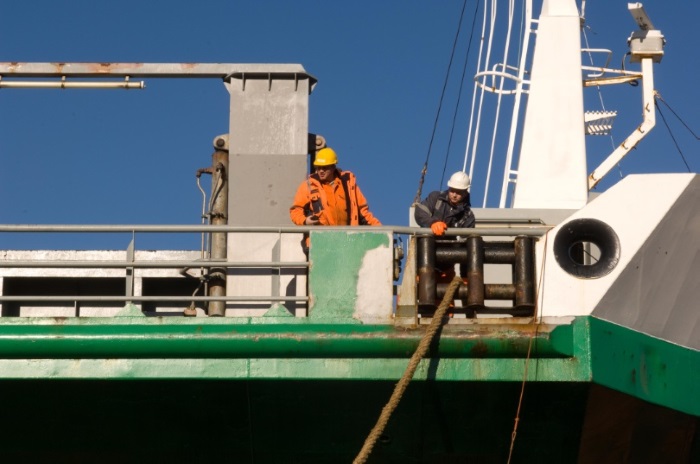Punitive damages recoverable in the US by seamen in cases involving employer’s recklessness

In March of 2017 in the case of Tabingo v. American Triumph LLV (here), the Washington State Supreme Court ruled that punitive damages are recoverable by seamen in unseaworthiness claims when the defendant employer is “reckless”. Tabingo was working as a deckhand on a fishing trawler when he had several fingers partially amputated by a hydraulic hatch cover. He claimed that a broken control handle caused the incident and the vessel’s interests knew of the faulty handle for two years, but did not repair it.

The decision
In reaching its decision, the Washington Supreme Court declined to follow the Fifth Circuit Court of Appeals, one of the key Federal Courts to consider maritime claims. Furthermore, it distinguished the United States Supreme Court case of Miles v. Apex Marine Corp.(1990) (here), determining that the U.S. Supreme Court’s denial of punitive damages in Miles was limited to wrongful death cases. The Washington State Supreme Court reasoned that
punitive damages are available for failure to pay maintenance and cure for a general maritime claim like unseaworthiness;
Congress had not prohibited seamen from recovering punitive damages; and
allowing seamen to recover punitive damages in these circumstances would support the long-standing notion that seamen are a special class of workers deserving particular protections.
Punitive damages are intended to punish a defendant for extraordinarily bad conduct. Because punitive damages are intended to punish the defendant, the amount of damages awarded is not tied to compensation and instead correlates to an amount that will punish the employer. Consequently, punitive damages can greatly exceed compensatory damages.
Prior to this ruling, the Supreme Court of the United States allowed punitive damages where a seaman’s employer was found to have willfully(wantonly) disregarded its obligation to pay maintenance and cure. (Atlantic Sounding Co. v. Townsend – 2009 (here)). The difference between reckless conduct and willful conduct is substantial. Reckless conduct shows little or no concern about the possible consequences of an action. Willful conduct is deliberate or intentional. So, the Tabingo ruling allows punishment for significantly less severe conduct than previously permitted.
Effect on seaman’s injury cases in the United States
The Tabingo ruling is a binding precedent only in state courts in Washington. However, claimants will no doubt refer to the case as persuasive authority in federal and state courts throughout the country. This is likely to be especially true in the various courts of the Ninth Circuit. Other jurisdictions have contrary law. Notably, the federal Fifth Circuit has ruled that punitive damages are not recoverable under the Jones Act or the general maritime law. (McBride v. Estis Well Service LLC – 2014 (here)).
Until the United States Supreme Court rules on the issue, the impact of the case is uncertain. It is reasonable to expect settlement discussions in some jurisdictions to be more difficult with seaman asserting “reckless” conduct by the vessel interests in support of a punitive damages claim. The difference between reckless and negligent conduct is uncertain at best and impossible to determine at worst. Cover for P&I liabilities is excluded when the injury is caused by the member’s “wilful misconduct”. This means that in some instances punitive damages are not covered but each case is determined on its own facts. There is certainly scope for cover where the acts or omissions of the member amount to no more than ordinary negligence.
Source: GARD (http://www.gard.no/web/updates/content/23177161/-punitive-damages-recoverable-in-the-us-by-seamen-in-cases-involving-employers-recklessness)
HEADLINES
- Do shipping markets want Biden or Trump for the win?
- All 18 crew safe after fire on Japanese-owned tanker off Singapore
- Singapore launching $44m co-investment initiative for maritime tech start-ups
- Cosco debuts Global Shipping Industry Chain Cooperation Initiative
- US warns of more shipping sanctions
- China continues seaport consolidation as Dalian offer goes unconditional